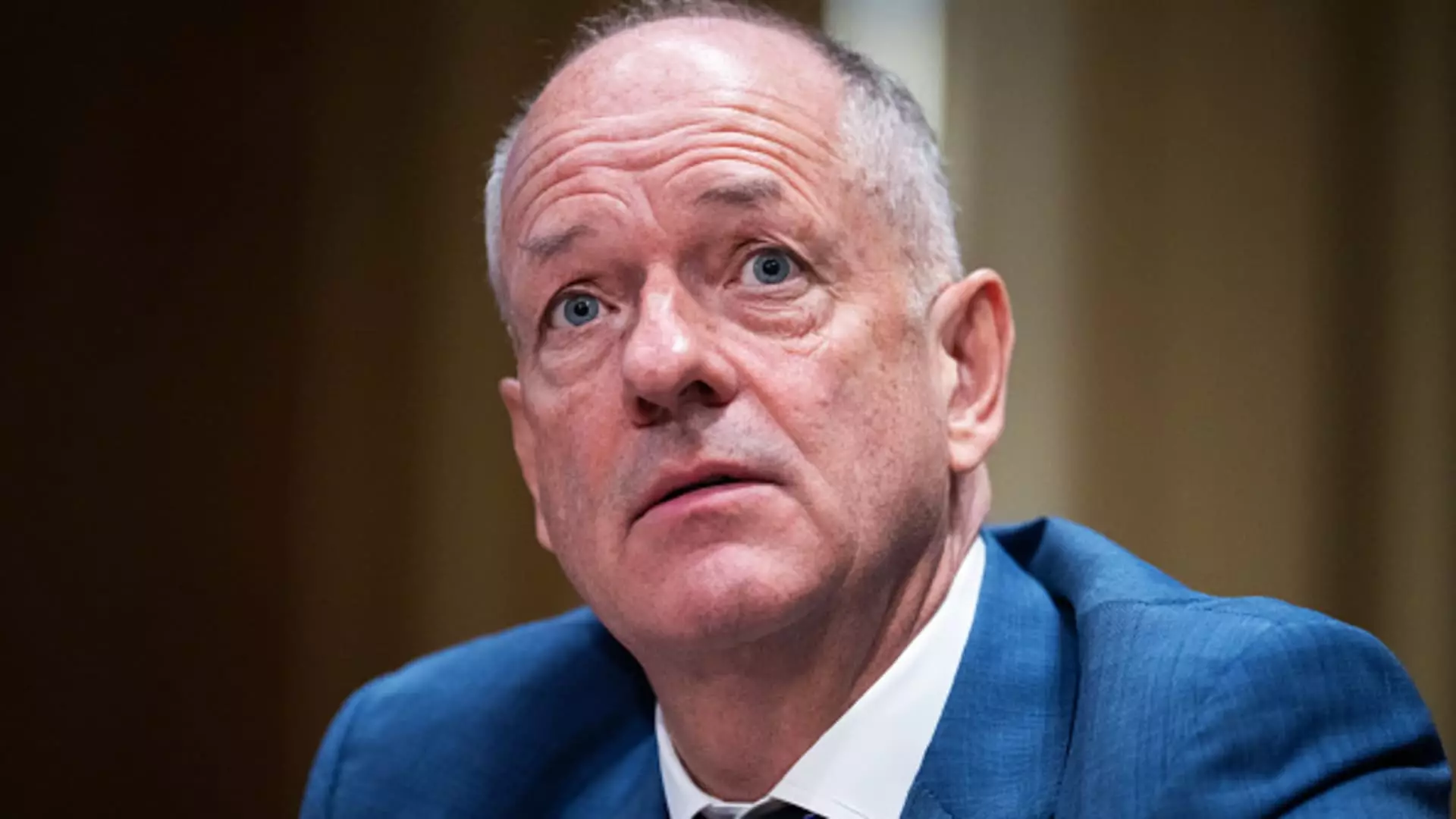In a poignant reflection following the tragic death of Brian Thompson, the former CEO of UnitedHealthcare, Andrew Witty, the current CEO of UnitedHealth Group, articulated deep sorrow and acknowledged the inherent flaws within the U.S. healthcare framework. In an opinion piece published in The New York Times, Witty emphasized that the American healthcare system is not merely broken—it is a complex, haphazardly constructed entity that has evolved over decades without thoughtful design. Witty’s words resonate amid the rising discontent among Americans who continuously grapple with the repercussions of a system that often prioritizes profit over patient care.
Witty’s assertion that “no one would design a system like the one we have” highlights a universal understanding that the current U.S. healthcare model is unsustainable. The frustrations expressed by patients—stemming from denied claims, exorbitant premiums, and unexpected medical bills—underscore a broader national sentiment. Many healthcare providers, employers, and patients alike share in this dissatisfaction, feeling trapped by a convoluted system that frequently fails to deliver accessible and affordable care.
The tragic circumstances surrounding Thompson’s death, allegedly at the hands of an individual expressing vehement criticism toward the healthcare industry, serve as a wake-up call. This incident not only highlights the existing tensions surrounding healthcare access and affordability but also amplifies the voices of many who feel marginalized by a system that often ignores their needs.
In light of these challenges, Witty stressed the importance of collaboration among stakeholders—including health care providers, governments, and pharmaceutical entities—to reformulate an industry plagued by distrust. Highlighting UnitedHealth Group’s commitment to improving healthcare delivery and lowering costs, he indicated a willingness to partner with diverse entities to pursue meaningful change.
However, a significant hurdle remains: transparency. Witty recognized that the insurance sector must do a better job explaining coverage decisions to their clients, ensuring that patients understand what is included in their plans and why certain claims may be denied. This call for clarity is essential in rebuilding trust with patients who feel alienated by an opaque and often bewildering insurance landscape.
While the stressors and challenges may seem daunting, Witty’s tribute to Thompson exemplifies the ongoing commitment to enhancing patient experiences within the healthcare system. He noted that Thompson’s efforts focused on helping patients navigate the intricacies of healthcare, a noble pursuit that must continue even in the face of adversity.
As the largest healthcare conglomerate in the nation, UnitedHealth Group has both an opportunity and responsibility to lead by example. By addressing the primary concerns of stakeholders and investing in systems that prioritize health outcomes over revenue, there is a chance to reshape a healthcare environment that, for many, has become synonymous with frustration and despair.
The dialogue initiated by Witty serves as a critical step toward acknowledging the systemic failures of American healthcare. In honoring Thompson’s legacy, both the company and the industry must evolve—adapting to the needs of the communities they serve while fostering a culture of empathy, understanding, and ultimately, reform.


Leave a Reply